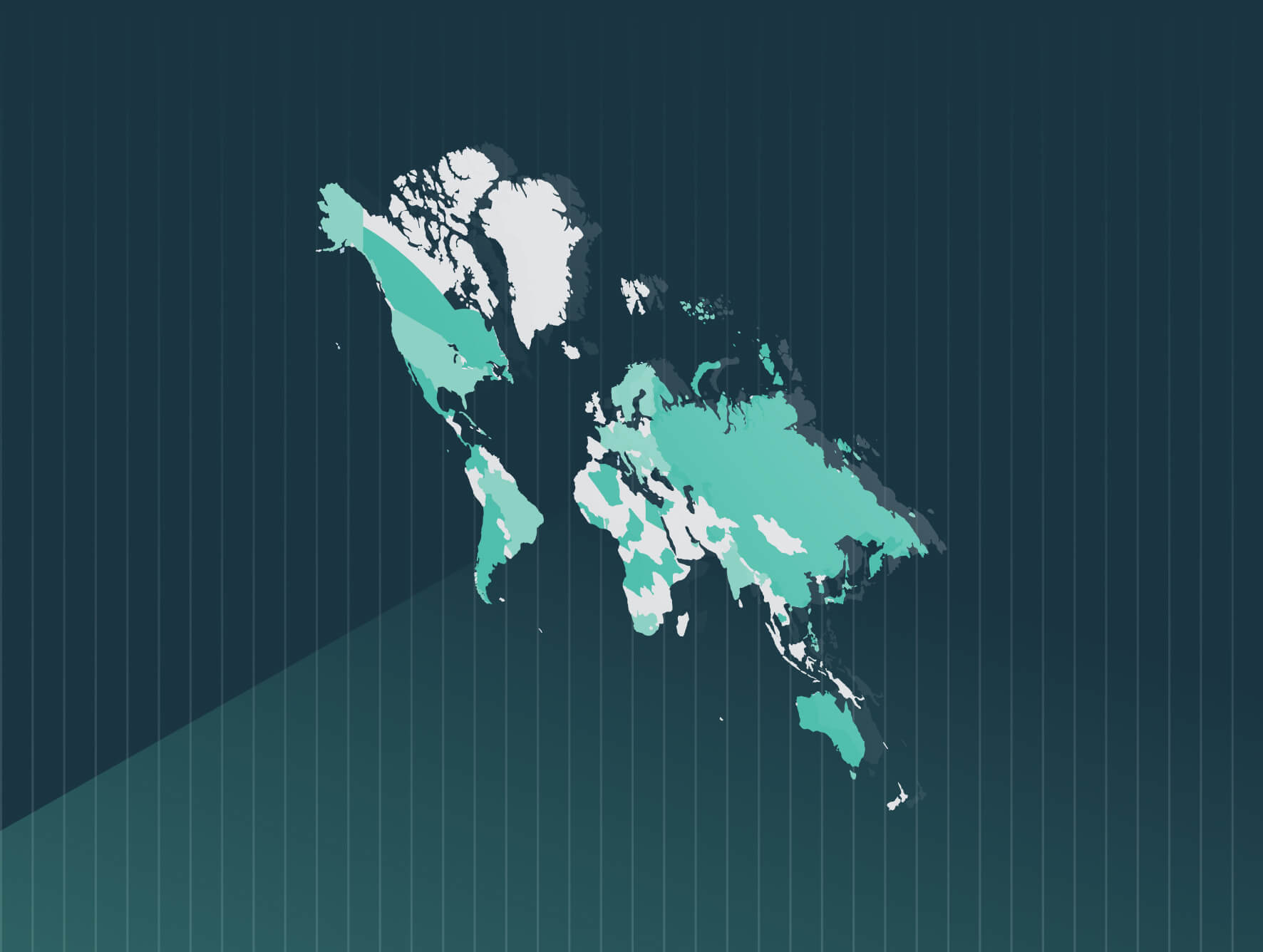The Biden administration is looking to continue its push for pay equity at the federal level.
The Office of Personnel Management announced a new regulation for Federal agencies that will prohibit the use of salary history in setting pay for roles in the government. For federal contractors, the administration announced a proposed rule that would prohibit contractors from seeking and considering information about job applicants’ past compensation when making employment decisions.
The proposed rule, which the Federal Acquisition Regulatory Council (FAR) published Jan. 29, 2024, would also institute pay transparency measures that require contractors to disclose pay ranges in job postings.
Particulars of the Proposed Rule
Under the proposed rule, contractors are not allowed to:
- Seek an applicant’s pay history, either orally or in writing, directly from any person, including the applicant or the applicant’s current or former employer or through an agent.
- Require disclosure of compensation history as a condition of an applicant’s candidacy.
- Retaliate against or refuse to interview or otherwise consider, hire, or employ any applicant for failing to respond to an inquiry regarding their pay history.
- Rely on an applicant’s compensation history either as a criterion in screening the applicant for employment or in determining the compensation for such an individual at any stage in the selection process.
- Violate any of the foregoing prohibitions, even if an applicant for employment volunteers their compensation history without prompting at any stage in the recruitment and hiring process.
Applicants are defined as “any prospective employee or current employee applying for a position to perform work on or in connection with the [government] contract.”
The proposed rule defines “work on or in connection with the [government] contract” as “work called for by the contract or work activities necessary to the performance of the contract but not specifically called for by the contract.”
The proposed rule, if adopted, will be “included in all solicitations and contracts, where the principal place of performance will be in the United States, which is defined as including its outlying areas.”
The public has until April 1, 2024 to submit comments on the proposed rule.
Growing Trend of Pay Equity and Transparency
Salary history ban legislation and pay transparency laws are prevalent across the U.S. Thus, it’s no surprise to see the federal government work toward implementing similar standards for its employees and contractors.
“Relying on candidate salary history can exacerbate pre-existing inequality in our pay structures and disproportionately impact women and workers of color,” Shalanda Young, director of the Office of Management and Budget said of the proposed rule.
A study from American Progress highlighted that a significant percentage of employers that conduct pay equity audits found that relying on applicants’ salary history is a key driver of gender wage gaps within their organization.
It’s possible a macro effect is occurring in the U.S. employment market based on recent pay data.
The Bureau of Labor Statistics revealed that the gender pay gap in the U.S. narrowed to the smallest on record in 2023, with median weekly earnings of women amounting to 83.8% of the typical amount that men were paid. This was after nearly no movement for 20 years, according to a Pew Research Center report that examined data between 2002 and 2022.
Complying with Pay Equity Laws
Federal employers will need to move quickly to ensure their pay practices are equitable. This includes checking for instances where starting salary based on salary history has resulted in inequitable pay.
For federal employers that have goals to demonstrate fairness in pay, support more diverse and inclusive workplaces; elevate their reputations among clients, investors, employees, and the public; and minimize the risk of litigation, a pay equity audit is vital and pay equity software solutions make the process seamless.
A pay equity audit identifies pay differences between employees that cannot be explained due to job-related factors. It is a multi-disciplinary effort that requires extensive domain knowledge and expertise in labor law across various jurisdictions. Examples of this include econometrics, statistics and statistical modeling, workforce data management, and knowledge of regulatory audit processes by agencies such as the OFCCP and EEOC.
By leveraging pay equity software, federal employers can ensure they are not only compliant but ahead of the curve with upcoming pay equity, pay transparency and salary history ban laws.








